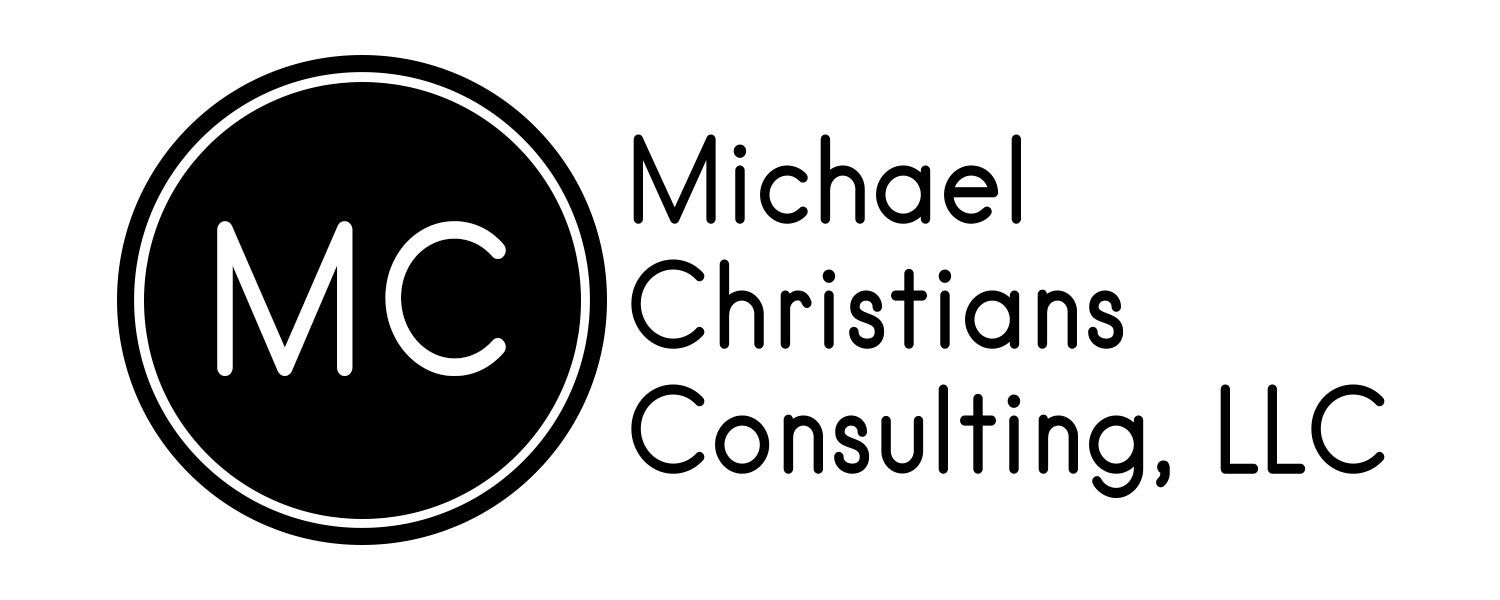NCUA Warns of Consumer Harm from Overdraft and NSF Fee Practices
On December 10th, the National Credit Union Administration issued Letter to Credit Unions 24-CU-03, available here. In it, the agency warns of overdraft and NSF fee practices that are generally considered to be unfair or deceptive.
Authorize Positive, Settle Negative Overdraft Fees
Credit unions with a policy of charging overdraft fees in connection with debit card transactions that are authorized when the member has a sufficient available balance, but because of one or more intervening transactions, has an insufficient available balance when the transaction settles, are at increased UDAP risk. Charging such a fee when the member would not reasonably anticipate it (e.g., he/she had sufficient available funds at the time of the purchase) is likely to be considered an unfair act or practice.
Multiple NSF Representment Fees
Charging an NSF fee each time an item is presented and returned unpaid likely constitutes both a deceptive act or practice as well as an unfair act or practice. The practice would be considered deceptive if the credit union’s disclosures were not clear that a fee could be charged in connection with each presentment. The practice is likely unfair because the member has no control over if/when a previously returned item will be presented for payment again.
Returned Deposit Item Fees
Charging a fee for a returned deposit item irrespective of the circumstances or patterns of behavior on the member’s account likely constitutes an unfair act or practice. The depositor has no control over whether the issuer of the check will have sufficient funds at the time it is presented for payment.
The NCUA's letter goes on to discuss other overdraft and NSF fee assessment practices that present a heightened risk:
- High (or no) daily limits on the number of fees assessed, and
- Ordering transactions to maximize fees.
The agency provides several risk management principles that a credit union should employ in connection with its overdraft program and NSF fees:
- Ensure disclosures and advertising about these products and services are clear,
- Be mindful of regulatory developments around overdraft programs and NSF fees,
- Track and monitor complaint activity to consider member impact, and
- Take appropriate action to mitigate reputation, compliance, third-party, and legal risk associated with these types of products.


